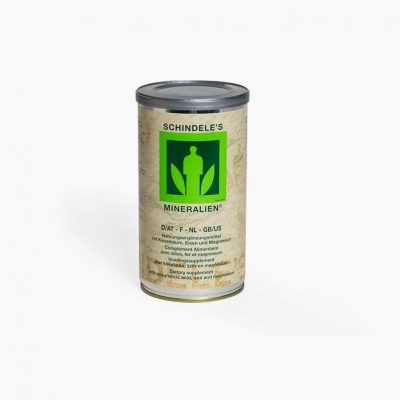
Simple Changes to Keep You Alive and Healthy
01Experience the benefits of sex
Sex has many apparent health benefits. Studies suggest sex can boost your immune system and reduce stress.
02Keep your teeth clean
Diabetes, low birth weight babies and heart disease have all been linked to gum and bone disease in your mouth. Even heart attacks have been linked to bad dental hygiene.
03Use the sun
A little sunshine is good for your mood and allows your body to produce necessary vitamin D, which is lacking in a majority of kids these days.
04Drink less
After years of hearing that moderate drinking is good for your health, it’s been found that having a drink or two each day might be something that healthy people do, rather than the drinks being the cause of their good health. And if you’re having more than a couple drinks a day, then you’re at higher risk for liver damage and diabetes.
05Wash your hands
Hand washing remains the best prevention against “flu” and many other diseases.
06Get some rest
Serious lack of sleep — less than six or seven hours a night — has been associated with increased risks of high blood pressure, hypertension, obesity, diabetes and cancer. Lack of sleep can also contribute to auto accidents and on-the-job injuries.
07Stop smoking
About half of all smokers die from smoking, and of these, about half die around age 50 or sooner.
08Don’t stress
Stress kills. It causes deterioration in everything from your gums to your heart and can make you more susceptible to a range of ills, from colds to cancer.
09Exercise
Over and over, studies find a host of exercise benefits, not just for your body: It can raise kids’ academic performance and stimulate adult brains. Exercise makes bones stronger and alleviates many types of chronic pain. Regular exercise has even been associated with a lower risk of cancer.
10Eat better
Choose real food instead of sugar laced with traces of real food. Prepare foods at home rather than eating fast food, and use spices, rather than gobs and gobs of oil or sugar, to spice up your meals.
Sources
Live Science December 30, 2009




